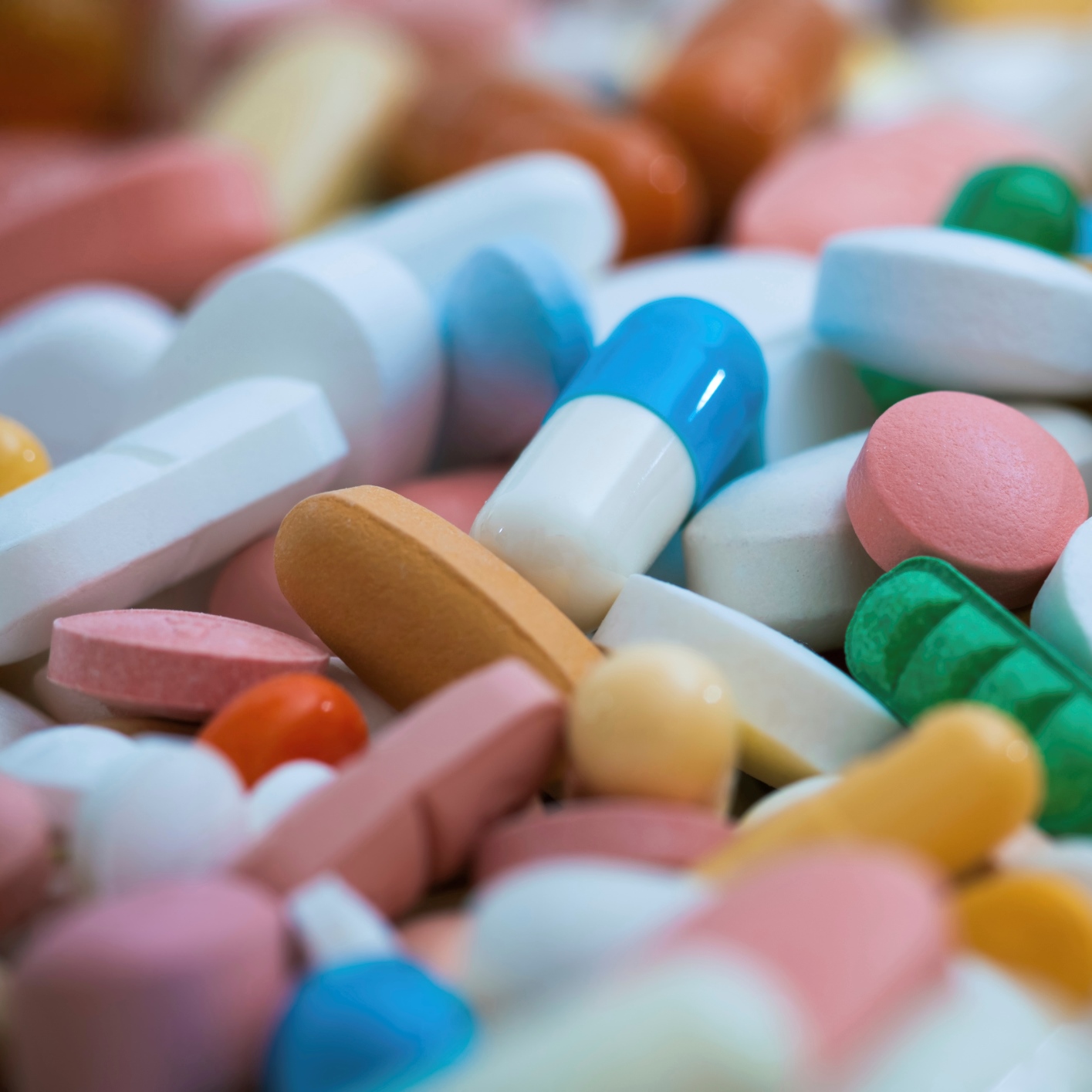Health and Healthcare
Short Sellers Increase Bets in Major Pharma

Published:
Last Updated:

The short interest data have been released for the January 29 settlement date. Pharmaceutical companies are usually involved in a lengthy process in getting their drug candidates to market through clinical trials. There is a fair amount of risk involved, should a study come back negative or a candidate not be approved. Conversely, if a drug is approved or passes a clinical trial, there can be big upside.
The January 29 short interest data have been compared with the previous figures, and for the selected pharmaceutical stocks short interest increased.
Pfizer Inc. (NYSE: PFE) saw its short interest jump 140.12 million shares, relative to the previous 123.23 million. The highest short interest reading was more or less a year ago at 207.4 million. Shares of Pfizer closed Tuesday at $29.10, within a 52-week trading range of $28.25 to $36.46.
Merck & Co. Inc. (NYSE: MRK) saw short interest increase to 31.94 million shares from 29.95 million in the previous period. Merck shares closed Tuesday at $49.16, in a 52-week trading range of $45.69 to $61.70.
Teva Pharmaceutical Industries Ltd. (NYSE: TEVA) short interest dropped to 15.14 million shares. The previous level was 15.98 million, the highest in the past 52 weeks. Shares of Teva closed Tuesday at $57.67, in a 52-week trading range of $54.17 to $72.31.
AbbVie Inc. (NYSE: ABBV) short interest increased to 27.54 million shares, compared to the previous level of 24.45 million. Short interest has backed way off its highest level of the past year back in May. Shares of AbbVie closed Tuesday at $53.48, in a 52-week trading range of $45.45 to $71.60.
The thought of burdening your family with a financial disaster is most Americans’ nightmare. However, recent studies show that over 100 million Americans still don’t have proper life insurance in the event they pass away.
Life insurance can bring peace of mind – ensuring your loved ones are safeguarded against unforeseen expenses and debts. With premiums often lower than expected and a variety of plans tailored to different life stages and health conditions, securing a policy is more accessible than ever.
A quick, no-obligation quote can provide valuable insight into what’s available and what might best suit your family’s needs. Life insurance is a simple step you can take today to help secure peace of mind for your loved ones tomorrow.
Click here to learn how to get a quote in just a few minutes.
Thank you for reading! Have some feedback for us?
Contact the 24/7 Wall St. editorial team.